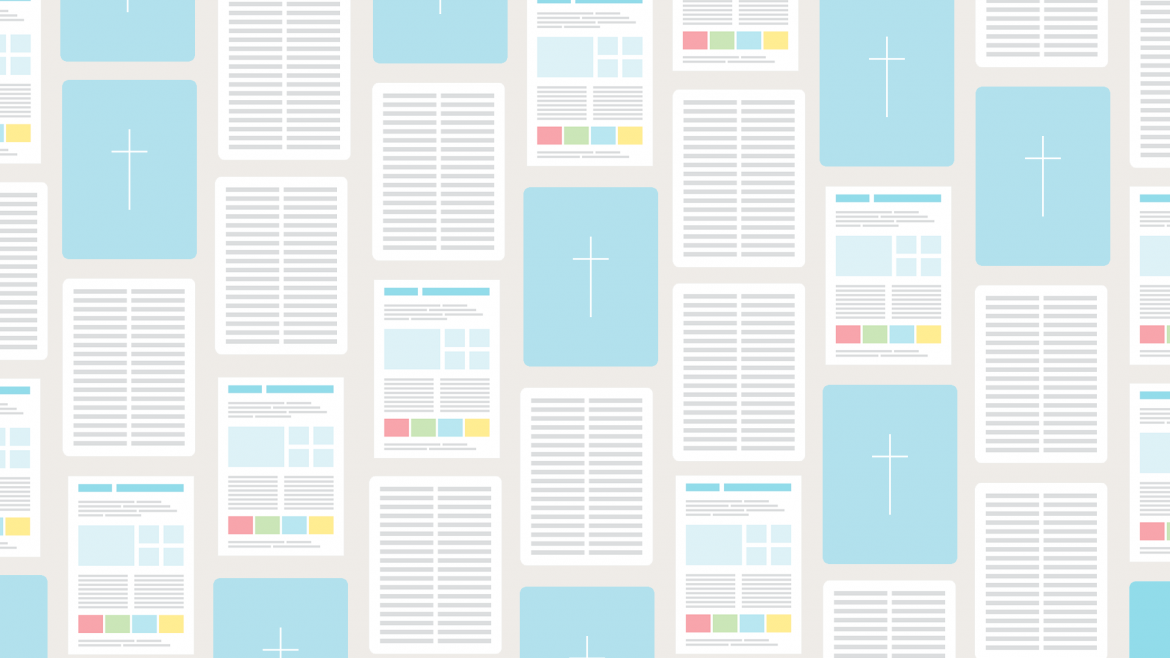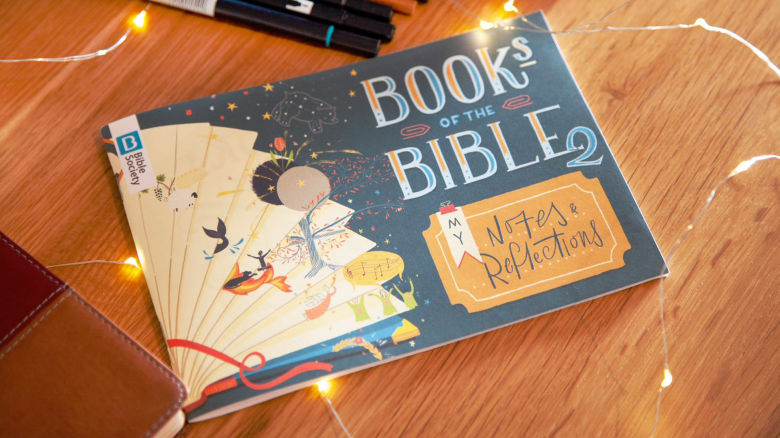The opening section of the book of Joel focuses on a plague of locusts that descends on the land and causes famine. Joel sees this as a call to repentance. The second half of the book sees God responding and promising to remove the locust plague. The book ends with a speculation about what the final day of the Lord will be like (as opposed to this temporary one): that day, Joel says, will see God’s justice fully enacted in the world. The nations who have opposed God will be punished and Israel will be blessed.
12Yet even now, says the Lord, return to me with all your heart, with fasting, with weeping, and with mourning; 13rend your hearts and not your clothing. Return to the Lord, your God, for he is gracious and merciful, slow to anger, and abounding in steadfast love, and relents from punishing. (Joel 2.12–13)
8Then afterward I will pour out my spirit on all flesh; your sons and your daughters shall prophesy, your old men shall dream dreams, and your young men shall see visions. 29Even on the male and female slaves, in those days, I will pour out my spirit. (Joel 2.28–29)
32Then everyone who calls on the name of the Lord shall be saved; (Joel 2.32)
The theme of judgment runs all the way through this book. The locust plague is seen as God’s judgement on his people and Joel looks forward to a greater day of judgement in the future. It is hard not to feel uncomfortable as you read this.
Joel son of Pethuel
Absolutely nothing. There are lots of people in the Bible called Joel but none of them seem to be this Joel. We have no further information about him.
Nor do we know much about the times. The prophecy was inspired by a documented locust plague which could have taken place at any time. The themes in the book, the reference to the temple but the lack of reference to a king, suggest that the prophecy comes from a time after the exile (hence no kings) when the temple had been rebuilt. It doesn’t narrow it down much but maybe to between 400 and 350 BC.
Hard to say from the text – there seems to be a mixture of repentance and hope.
Ezra, Nehemiah
Joel is the second of the 12 minor prophets.
The striking feature of this book is that it is very like the Psalms of Lament. It begins with a problem, something to grieve for, states with confidence that God will act and ends in praise of the God who saves.
1.1 Introduction
1.2–2.17 The locust plague
2.18–27 God hears the people’s cry and responds
2.28–3.21 What will happen on the day of the Lord
There are four different words for locust in Joel to refer to the different kinds of locust that make up a plague.
Wadi Shittim, Edom, Judah, Mount Zion, Philistia, Sidon, Tyre, Zion
Israel
Day of the Lord, post-exilic period, Altar, wadi
Joel combines fear for the present with fear for the future; hope for the present with hope for the future. Keep an eye out for Joel’s use of present and future in the book.
The most striking feature of Joel is how suddenly despair turns to hope. As you read through the prophecy reflect on what this feels like – is it convincing or too fast?
Also notice the way in which Joel uses the phrase ‘the day of the Lord’ – what do you think he means by it?
Although he doesn’t actually use the word, Joel’s emphasis on hope – in the midst of the devastation brought by the locusts and in the midst of the future devastation that would come on the future ‘day of the Lord’ – runs all the way through the book. Why is hope so important for Joel and what role, if any, does hope play in your life?

Here are 8 handy tips to get your book club up and running.

Here are some ideas to get you started.

Unsure of the meaning of a word or phrase in the Bible? Check our glossary of terms.
Books of the Bible journal: 2nd Edition
Journey through the Bible, one book at a time, with the 2nd edition of our Books of the Bible journal.
